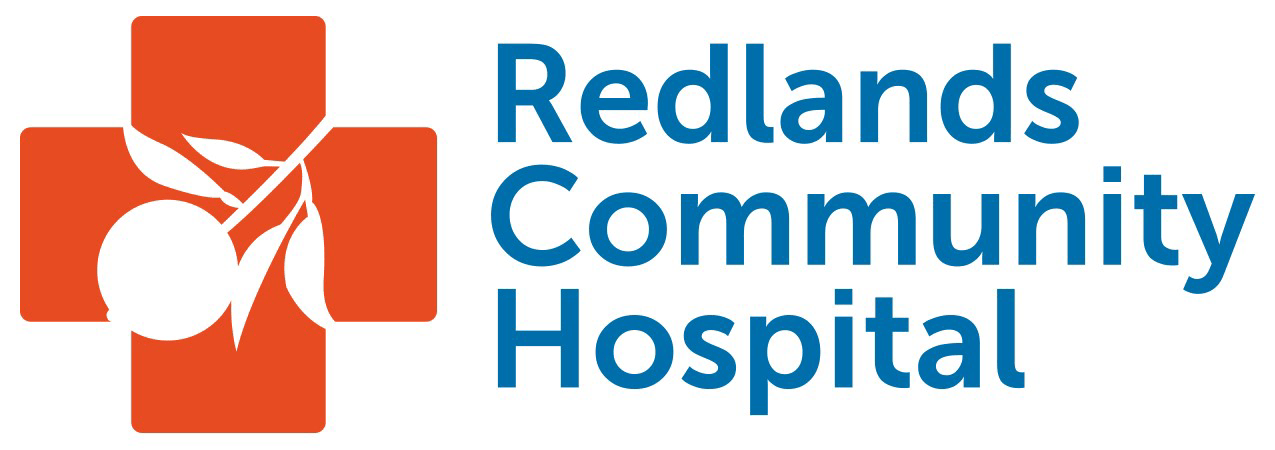
ICU registered nurses at Redlands Community Hospital display professional excellence while tending to critically ill patients and their families. Our practice is built on a foundation of caring and evidence-based practice principles. RCH ICU nurses are committed to the highest ethical standards, respecting each patient’s unique physical, emotional and spiritual needs. They are open to miracles, engage in caring-healing artistry and remain authentically present, coordinating several disciplines to provide optimal patients first care.
The ICU empowers our nurses to recognize his/her unique gifts, give voice to ideas, accept the challenge of the human experience and always strive for personal, professional and academic excellence. Clinicians fully participate in a shared governance of all activities that impact their work. They pursue Critical Care (CCRN), and/or chemotherapy certification and become nurse, leaders, mentors, or nurse preceptors. Nurse preceptors learn to become trainers of new graduate nurses, who are an important part of the team and receive their own extensive training before working on their own.
This team works together toward the best outcome possible for critically ill patients, and some will teach patients and their families various strategies to improve health, healing, coping and well-being from their individual area of expertise. The team includes:
Interdisciplinary rounds are conducted daily, and patient’s families are encouraged to attend discussions on care plans. Family conferences can be arranged to discuss pertinent issues.
The 12-bed ICU includes adult and geriatric patients with a broad spectrum of complex diagnoses, including but not limited to acute and chronic respiratory, liver and renal failure, sepsis, multi-system organ failure, pulmonary hypertension, diabetic ketoacidosis, drug overdose, oncologic critical care, stroke, acute myocardial infarct, status post-cardiac or respiratory arrest, craniotomies, brain hemorrhage, neuro intervention or neuromuscular disorders, and status epilepticus. Each ICU patient has a 1:1 or 1:2 nurse-to-patient ratio and are managed by intensivists with pulmonary and critical care expertise who collaborate with other specialties. Patients may require mechanical ventilation, minimally invasive hemodynamic and ICP monitoring, hemodialysis, titration of vasoactive and vasodilator medications, tracheostomies, cardioversion, defibrillation, transvenous and transcutaneous pacing, sedation, chemotherapy, external body cooling devices, continuous EEG monitoring, and pre-op and post-op complex surgical care.
Our ICU care is rapidly changing but never at the patients’ expense; always making a difference in their lives.